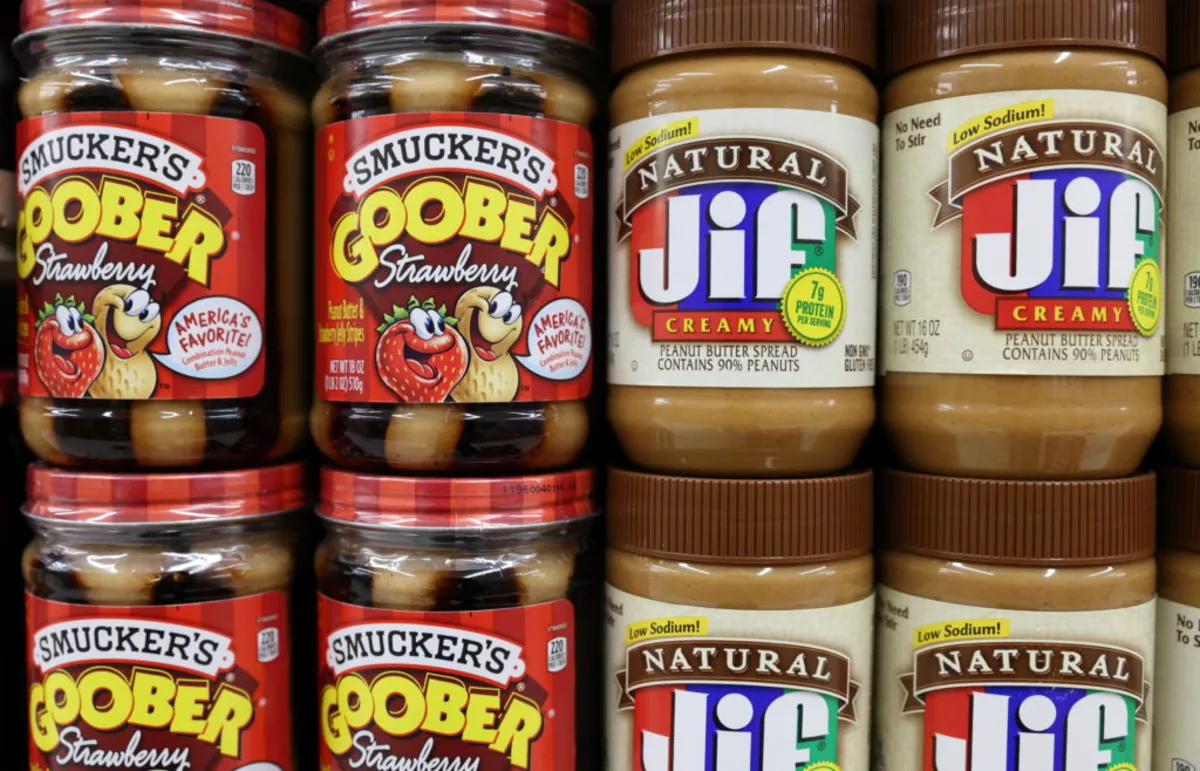
A decade after a landmark study demonstrated that introducing peanut products to young infants could significantly reduce the risk of developing severe allergies, new research reveals a substantial positive impact in real-world scenarios. Following the revised guidelines first issued in 2015, the rate of peanut allergies among children in the U.S. has witnessed a noteworthy decline.
Initially, the guidance recommended that high-risk infants could start consuming peanut products as early as four months old. Recent data indicates that the rate of peanut allergies in children aged 0 to 3 years dropped by over 27% after the 2015 guidelines were introduced. This figure further improved, showing a decrease of more than 40% following the expanded recommendations in 2017.
“That’s a remarkable thing, right?” stated Dr. David Hill, an allergist and researcher at Children’s Hospital of Philadelphia, who authored a recent study published in the medical journal Pediatrics. Hill and his team analyzed electronic health records from various pediatric practices, tracking food allergy diagnoses in young children before, during, and after the updated guidelines were implemented.
According to Dr. Hill, approximately 60,000 children have successfully avoided food allergies since the introduction of these guidelines, including 40,000 who would have otherwise developed peanut allergies. Despite this progress, food allergies still affect about 8% of children, with more than 2% specifically diagnosed with peanut allergies.
Peanut allergies occur when the immune system mistakenly identifies proteins in peanuts as harmful, leading to the release of chemicals that can cause allergic reactions, including hives, respiratory issues, and potentially life-threatening anaphylaxis.
For many years, medical professionals advised delaying the introduction of peanuts and other allergenic foods until children reached age 3. This approach was radically changed in 2015 when Dr. Gideon Lack from King’s College London published the Learning Early About Peanut Allergy (LEAP) trial. The findings revealed that introducing peanut products during infancy could lower the risk of developing food allergies by over 80%. Follow-up studies showed that this protective effect persisted in about 70% of children into their teenage years.
The study prompted new guidelines advocating for the early introduction of peanuts, yet the implementation was gradual. Surveys indicated that only about 29% of pediatricians and 65% of allergists adhered to the expanded guidance released in 2017. Confusion regarding the best methods for early peanut introduction contributed to this slow adoption, as noted in a commentary accompanying the study.
Despite the challenges, the new research provides “promising evidence” that early allergen introduction is gaining traction and making a measurable impact, according to Dr. Ruchi Gupta, a child allergy expert at Northwestern University. Advocates for the estimated 33 million Americans living with food allergies are encouraged by the findings, highlighting the potential for reducing the incidence of peanut allergies nationwide.
“This research reinforces what we already know and underscores a meaningful opportunity to reduce the incidence and prevalence of peanut allergy nationwide,” emphasized Sung Poblete, CEO of the nonprofit organization Food Allergy Research & Education (FARE).
The study highlights the updated guidelines from 2021, which recommend introducing peanuts and other major allergens between four and six months of age, without prior screening or testing. Dr. Hill advises parents to consult with their pediatricians regarding any concerns. “It doesn’t have to be a lot of the food, but little tastes of peanut butter, milk-based yogurt, soy-based yogurts, and tree nut butters are excellent ways to expose the immune system to these allergenic foods safely,” he explained.
Tiffany Leon, a 36-year-old registered dietitian from Maryland and director at FARE, shared her experience of introducing peanuts and other allergens to her children, James, 4, and Cameron, 2. Initially, her mother was surprised by the recommendation to feed infants such foods before age 3, but Leon took the opportunity to explain the evolving science behind the new guidelines. “As a dietitian, I practice evidence-based recommendations,” she stated. “So when someone told me, ‘This is how it’s done now, these are the new guidelines,’ I thought, OK, well, this is what we’re going to do.”
The Associated Press Health and Science Department receives support from the Howard Hughes Medical Institute’s Department of Science Education and the Robert Wood Johnson Foundation. The AP is solely responsible for all content.